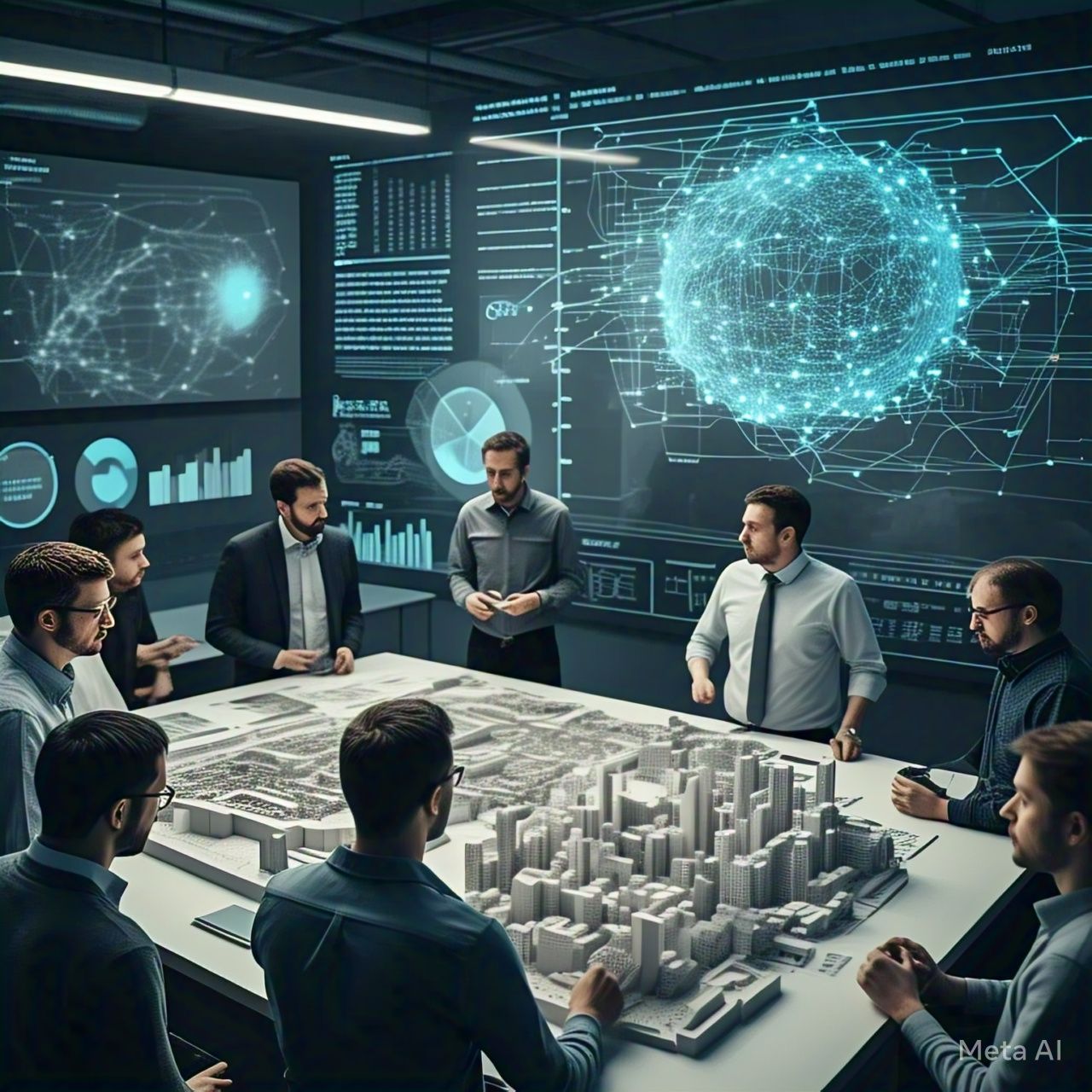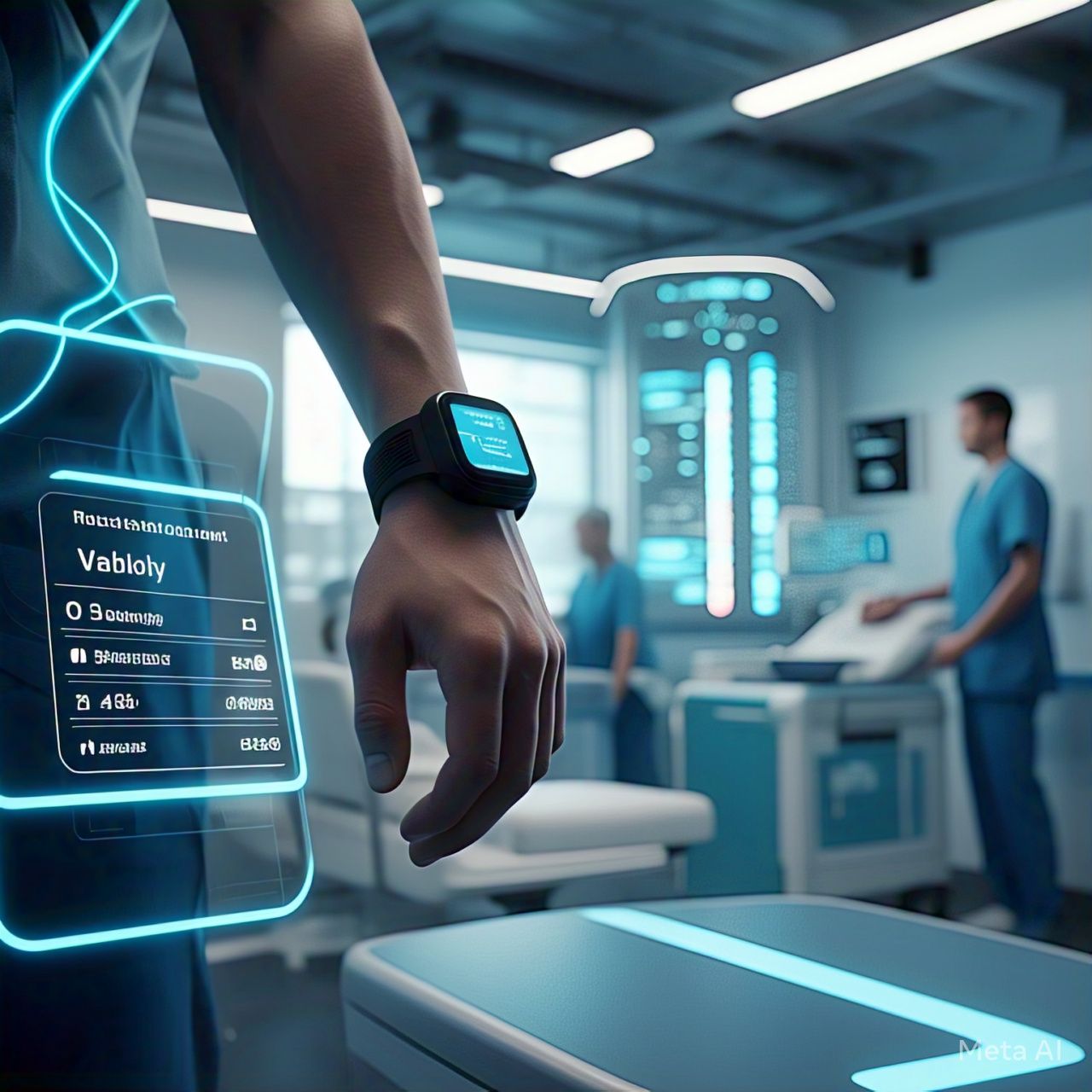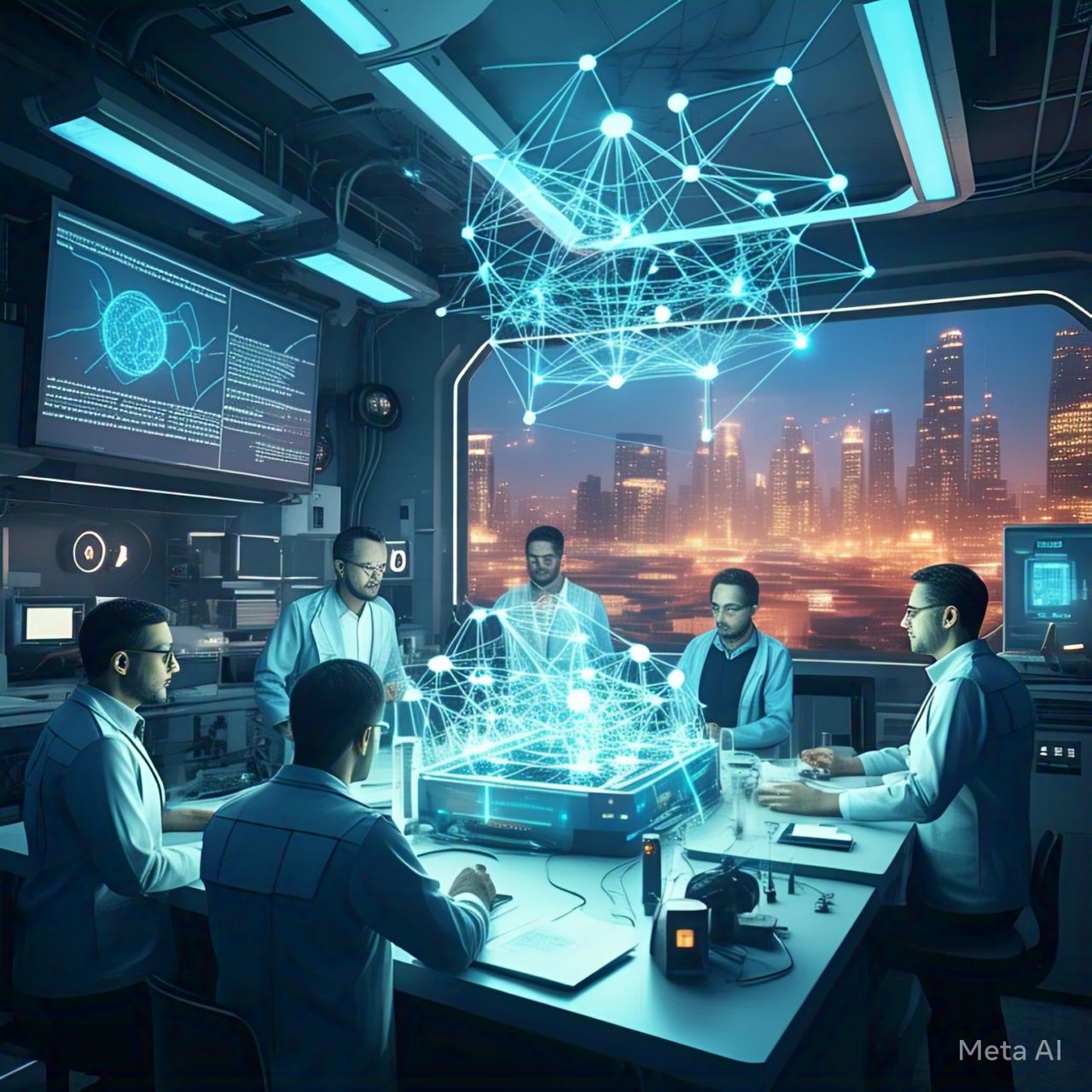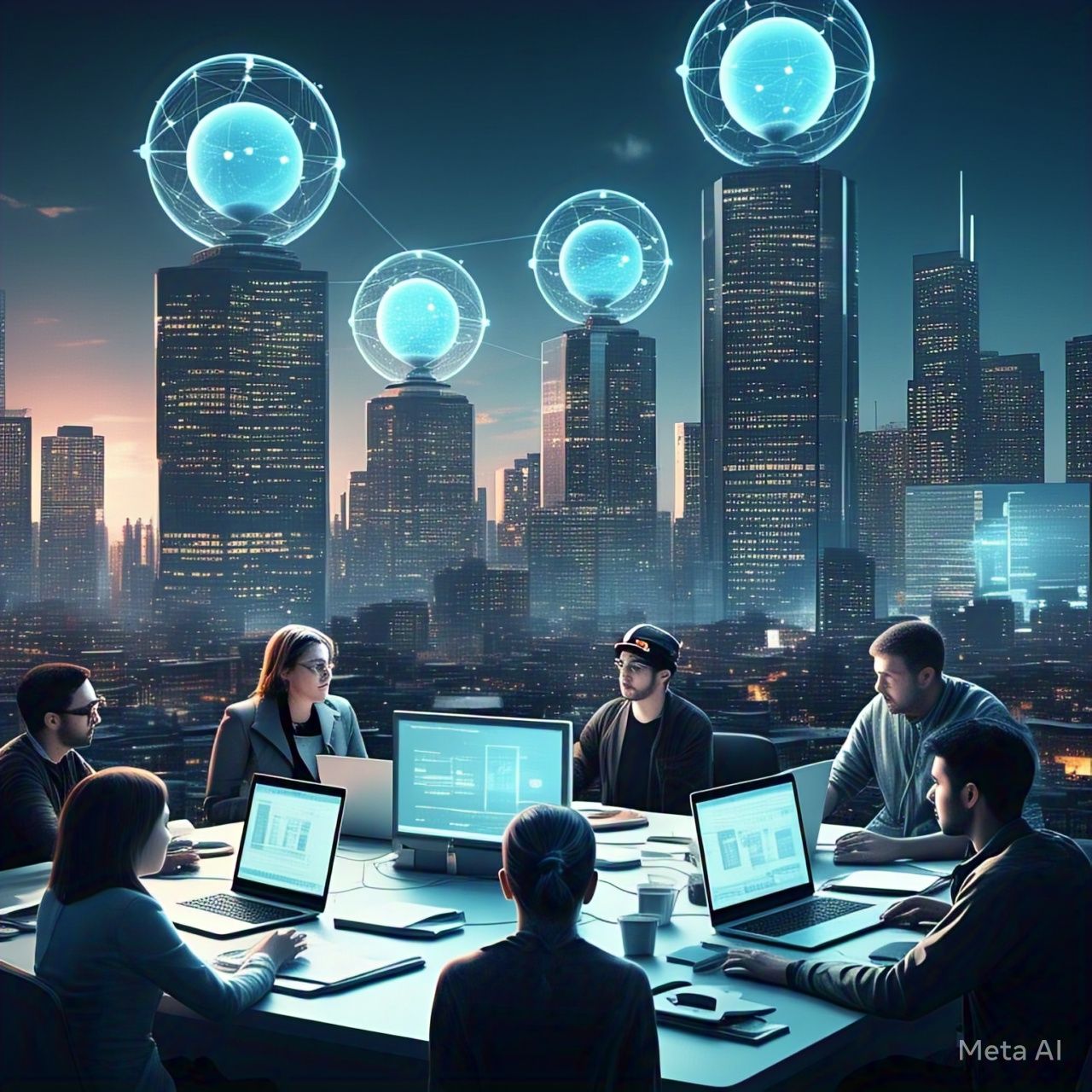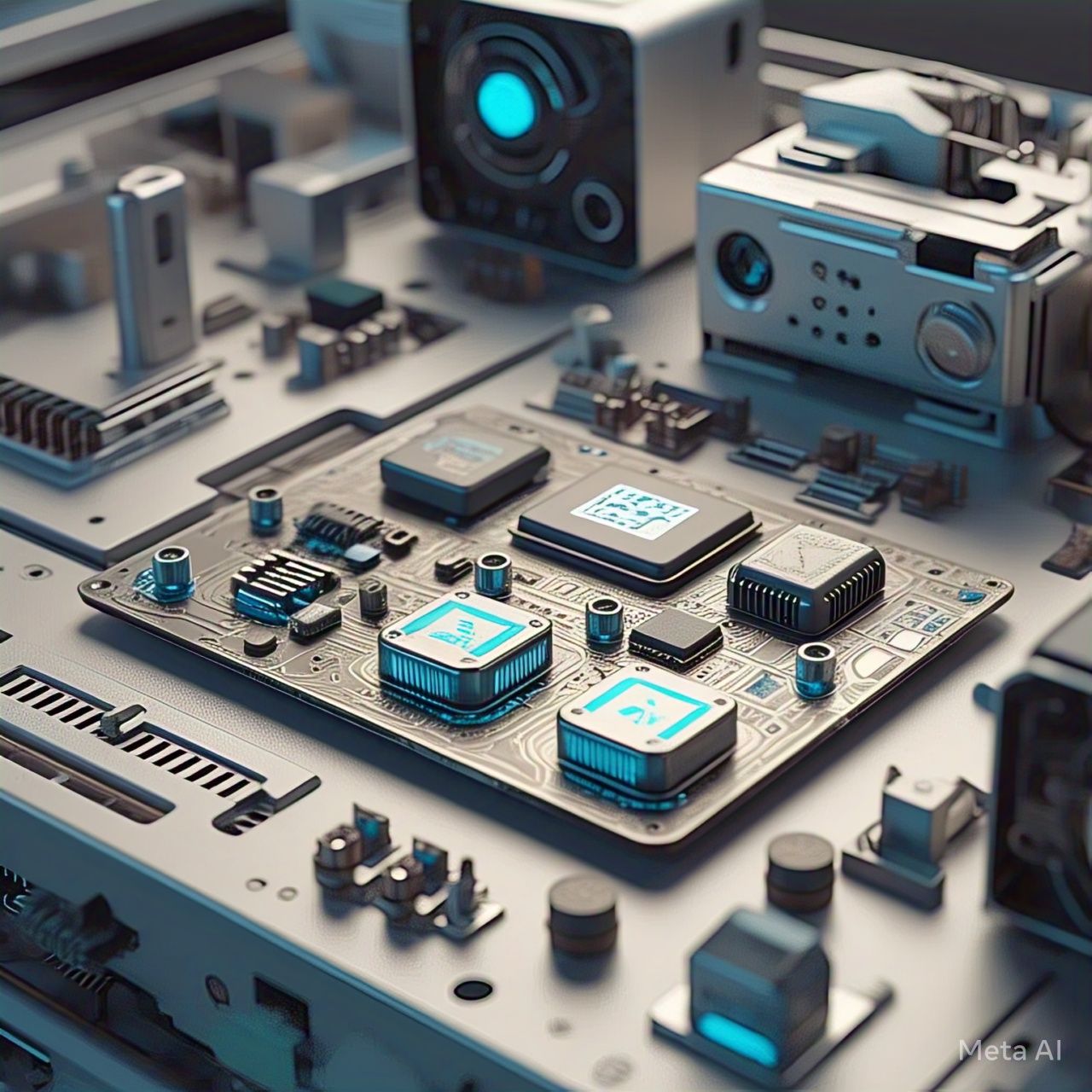Introduction
Deep learning, a subset of artificial intelligence (AI), has transformed industries by enabling machines to learn from vast amounts of data. Using complex neural networks, deep learning models can recognize patterns, make predictions, and automate decision-making. As these technologies continue to evolve, their applications extend across various sectors, revolutionizing the way businesses operate and improving human lives.
Real-World Applications of Deep Learning
1. Healthcare and Medical Diagnosis
Deep learning has had a profound impact on healthcare by enhancing diagnostics, treatment planning, and patient care. Key advancements include:
- AI-driven medical imaging for detecting diseases such as cancer and neurological disorders.
- Predictive analytics for early disease detection and personalized treatment.
- Automated analysis of medical records to improve patient outcomes and reduce human error.
2. Autonomous Vehicles and Transportation
Deep learning plays a crucial role in self-driving cars and smart transportation systems. Innovations in this field include:
- Object detection and recognition for safe navigation.
- Lane detection and traffic pattern analysis to optimize driving strategies.
- Reinforcement learning algorithms that enable autonomous vehicles to adapt to real-world driving conditions.
3. Finance and Fraud Detection
The finance industry leverages deep learning for risk assessment, fraud detection, and investment strategies. Applications include:
- AI-powered credit scoring and loan approval processes.
- Real-time fraud detection through anomaly recognition in transactions.
- Automated trading algorithms that analyze market trends and execute trades.
4. Retail and E-Commerce
Deep learning enhances customer experiences and business operations in the retail sector. Notable applications include:
- Personalized product recommendations based on browsing and purchasing history.
- AI-driven chatbots for improved customer service and engagement.
- Inventory management and demand forecasting to optimize supply chains.
5. Natural Language Processing (NLP) and AI Assistants
Deep learning has significantly advanced NLP, enabling machines to understand and process human language. Key developments include:
- AI-powered virtual assistants like Siri, Alexa, and Google Assistant.
- Automated content generation and language translation.
- Sentiment analysis for understanding customer feedback and social media trends.
6. Manufacturing and Industry 4.0
The manufacturing sector benefits from deep learning through automation and predictive maintenance. Applications include:
- AI-driven quality control systems for defect detection.
- Predictive maintenance to reduce downtime and equipment failures.
- Robotic automation for efficient and precise manufacturing processes.
7. Cybersecurity and Threat Detection
As cyber threats grow more sophisticated, deep learning enhances security measures by:
- Identifying suspicious network activities and potential cyberattacks.
- Automating malware detection and mitigation strategies.
- Enhancing biometric authentication for secure access control.
Innovations Driving the Future of Deep Learning
1. Self-Supervised Learning (SSL)
Self-supervised learning reduces reliance on labeled data, allowing AI models to learn from vast amounts of unstructured data and improve generalization capabilities.
2. Federated Learning
Federated learning enables AI models to train on decentralized data without compromising user privacy, making it particularly useful in healthcare and finance.
3. Neural Architecture Search (NAS)
NAS automates the design of neural networks, leading to more efficient and optimized models for various applications.
4. Explainable AI (XAI)
As AI becomes more complex, explainability is crucial. XAI helps businesses and researchers understand how deep learning models make decisions, ensuring transparency and trust.
Conclusion
Deep learning is at the forefront of technological innovation, transforming industries and improving efficiencies across sectors. From healthcare and finance to autonomous systems and cybersecurity, AI-driven solutions are shaping the future. As advancements continue, deep learning will further enhance human capabilities, drive automation, and create smarter, more responsive systems. The future of deep learning is not just about AI replacing humans—it’s about AI augmenting our abilities and making the world a more efficient and intelligent place.
